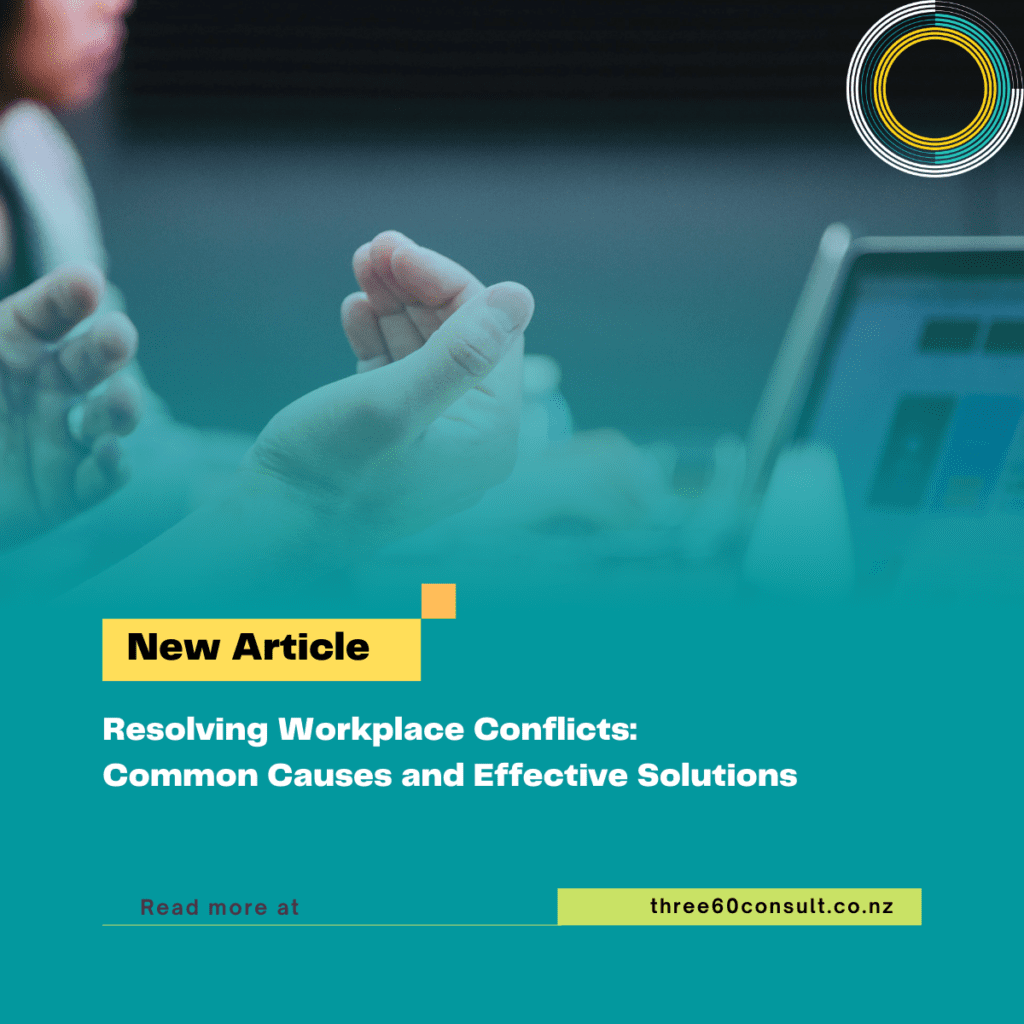There’s been a lot of talk recently about AI and the impact AI will have or is currently having on the future of employment relations. Chat GPT has already proven remarkably adept at recruiting, researching, writing, analysing and designing. Scarily so. However, something that I think AI will never be able to do and is something I’ve noticed, particularly post-Covid 19, is the art of holding difficult conversations.
During the outbreak, and especially while we were all in isolation, employers encouraged their employees to consider their own well-being and put family first—a good response to a uniquely challenging time. Fast forward two years and the economic and employment landscape has changed. The fiscal outlook for 2023 is challenging but equally so is staff retention. In this climate, many employers are worried that setting expectations through challenging conversations with their staff, they risk losing them or, worse, being deemed a bully.
I’ve asked my friend Chat GPT how to run a difficult conversation which it suggests, and I agree, “is an essential skill for personal and professional growth”. But, notably, Chat GPT also calls challenging conversations “stormy conversations”, and here, I tend to disagree. Challenging conversations don’t need to be stormy, but rather when appropriately held, they are one of the most constructive tools in any HR/ER’s kit and something which will always set us above our AI friends.
So, how do you hold a constructive challenging conversation? I’ve learned the value of addressing issues early before unwanted behaviour becomes a habit. This takes courage, especially at the start. Then it’s all about the preparation. Consider the likely responses you may get and prepare for them while still maintaining an open mind. Try to balance preparation with confidence- be purposeful, and remember to put things in context. It’s natural for people to respond emotionally, but don’t allow emotion to derail purpose. Finally, remember to debrief; challenging conversations, like any other skill, take practice and can certainly be learned.
And don’t forget often the key to being an effective communicator is to understand more about yourself in situations of conflict or challenge. Knowing how you impact a conversation will enable you to manage these tough but necessary conversations.
If you would like to learn more about managing challenging conversations or creating a workplace culture where they are the norm, Three60 Consult is here to help. We offer in-house tailored workshops for team learning and individual coaching from one of our of trained mediators and facilitation experts.









